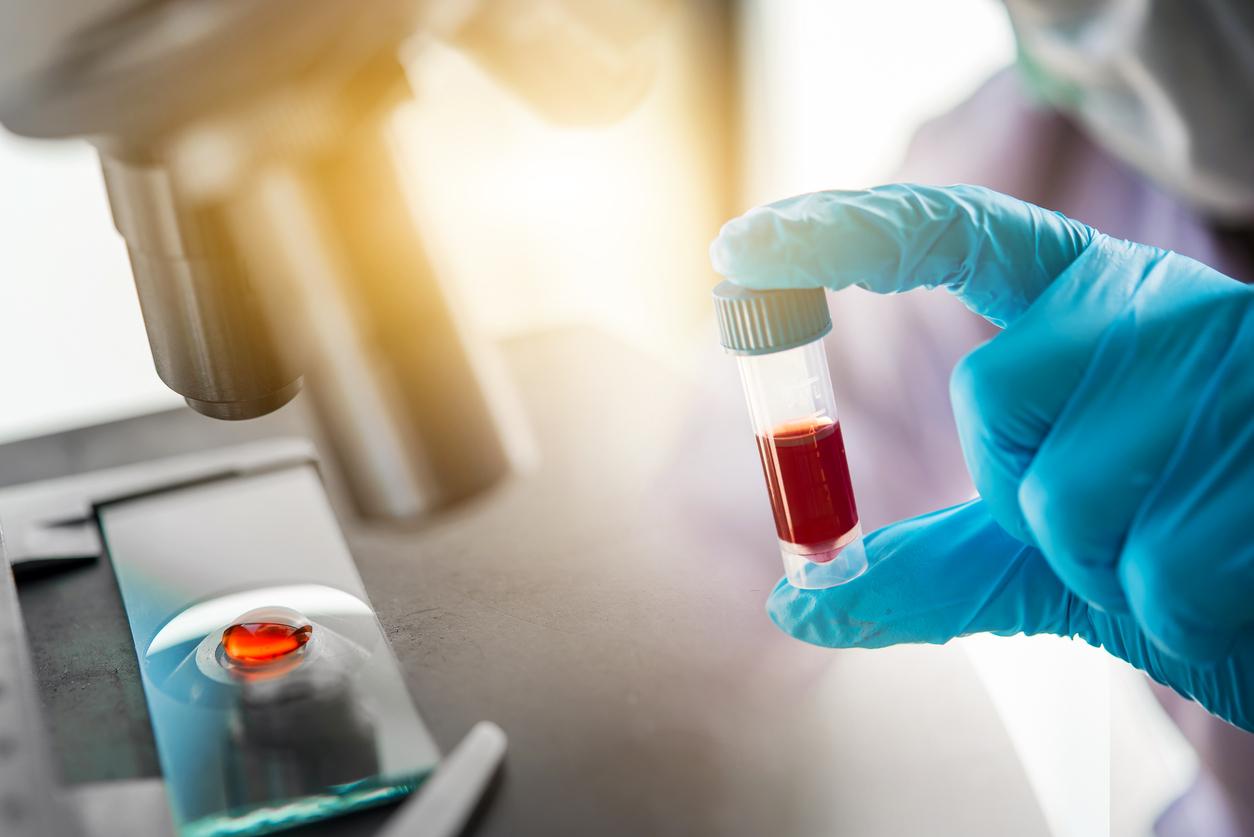If you have ever had to spend a colonoscopy, you know how uncomfortable the exam and its preparation can be. Performed under general anesthesia, the examination allows to explore theinterior of the colon (sigmoid, transverse, ascending and descending colon), rectum and part of the small intestine thanks to an endoscope equipped with a small camera.
In France, having a colonoscopy is part of the national screening strategy for Colon Cancer and can reveal the presence of polyps, benign tumors that can turn cancerous over time. But according to a study by Norwegian researchers published on October 9, 2022 in the New England Journal of Medicinecolonoscopies would in fact not be the “miracle solution“against the disease and death it causes.
Indeed, performing colonoscopies on thousands of people would have only reduced the rate of diagnosis by one-fifth and made no significant difference in the number of deaths. To achieve these results, the researchers replicated a colorectal cancer screening program on more than 80,000 people. Among them, 28,000 were asked to perform a colonoscopy, and 42% of them actually did. The incidence of colon cancer cases and deaths from it has been followed for ten yearsthen compared to the data of the 56,000 people who did not receive an invitation and therefore did not take the exam.
No benefit of screening on mortality
At the beginning of the ten years, an increase in cases of colon cancer was noted among people screened, a completely normal increase since screening reveals the presence of cancer. But beyond six years, it is among unscreened people that the risk becomes higher. Deaths were tracked in the same way and no benefit was seen in screened patients.
At the end of 10 years of follow-up:
- the risk of death was 0.28% in those screened and 0.31% in those not screened.
- in the screened group, 11.03% of deaths were observed against 11.04% in the non-screened group.
What other way to prevent colorectal cancer? A less invasive technique than colonoscopy, sigmoidoscopy, makes it possible to observe only the rectum, the sigmoid colon and the left colon going back less high in the digestive system. If this technique – requiring less medical equipment – has been gradually replaced by colonoscopy, “These results suggest that colonoscopy screening may not be significantly more effective in reducing the risk of colorectal cancer than sigmoidoscopy”say the researchers
However, the study includes his limits. In fact, very few participants in the entire study actually had their colonoscopy. “It’s hard to know the value of a screening test when the majority of participants haven’t done it“, said Professor William Dahut, scientific director of the American Cancer Society.
Colonoscopy: how to do the screening test?
However, colonoscopy is still a valuable screening tool because it helps identify cancers that would otherwise go undetected. In France, every two years, people aged 50 to 74 receive a letter inviting them to participate in organized screening for colon cancer. Since March 2022, it is no longer necessary to go automatically to the doctor, but it is possible to go to the site monkit.depistage-colorectal.fr with the number on the mail.
This is a stool hidden blood test. If it is negative, you will be asked to repeat the screening two years later and if it is positive, a colonoscopy should be done, even if it does not necessarily mean that you have cancer. And according to Karen Knudsen, director of the American Cancer Society, colon cancer screening is still the best method of prevention. “The American Cancer Society recommends colorectal cancer screening, including colonoscopy, for adults over age 45“, she ends. So do not cancel your appointment, because screening must be part of “of your healthy routine“.
Source :
- Effect of colonoscopy screening on risks of colorectal cancer and related deaths, The New England Journal of MedicineOctober 9, 2022
- Colonoscopy benefits lower than expected, study shows, WebMDOctober 10, 2022

















